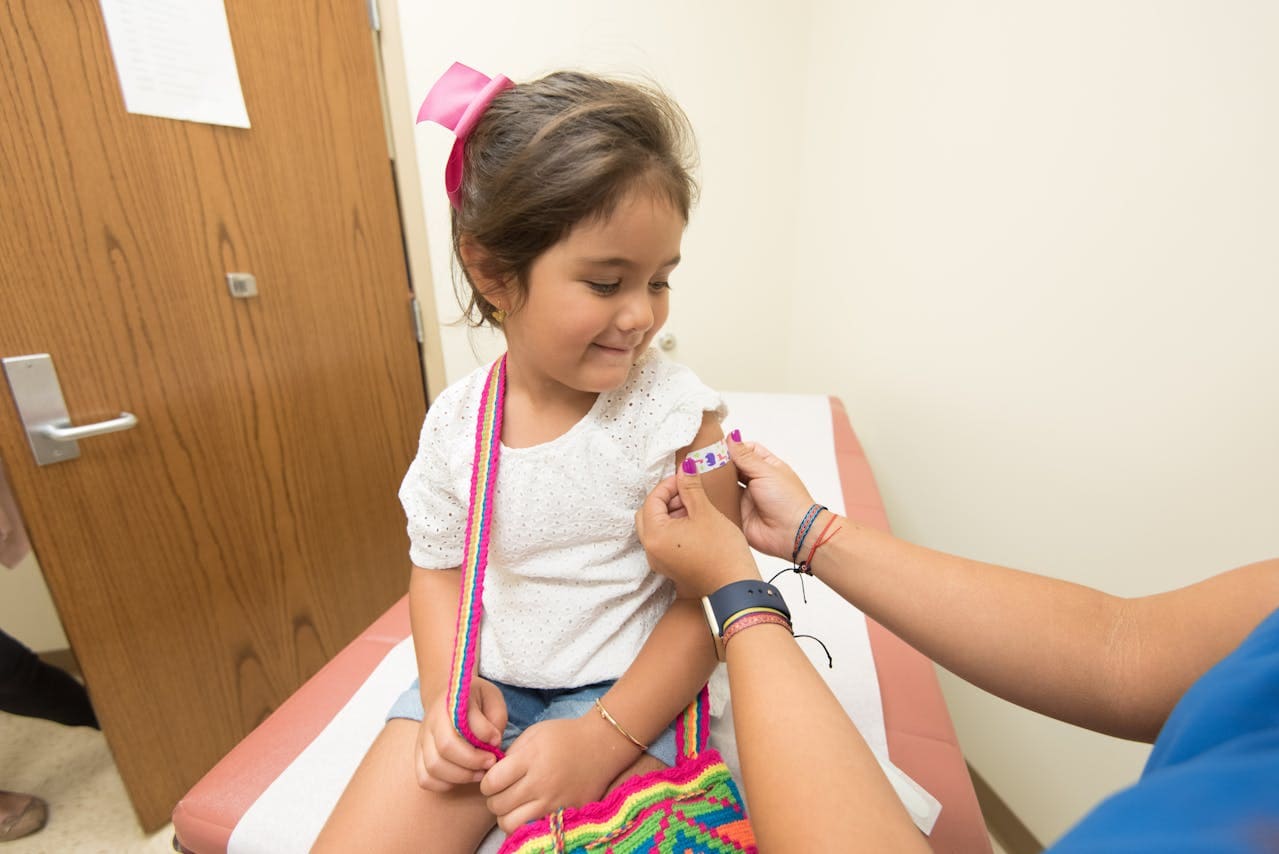
Online pink eye treatment – fast care for red, itchy or infected eyes
Describe your symptoms in a short medical questionnaire and get treatment from a doctor. Suitable for common cases of conjunctivitis in adults and children.
 Quick help for eye redness, discharge, or swelling
Quick help for eye redness, discharge, or swelling  Personalised treatment plan based on your symptoms
Personalised treatment plan based on your symptoms  Prescription provided if medically needed
Prescription provided if medically needed 
Get fast pink eye treatment online
Quick access to a doctor for conjunctivitis symptoms — no waiting rooms or paperwork.

Note: This service is not for emergencies. If you experience severe eye pain, vision loss, or symptoms that rapidly worsen – seek urgent in-person care.
Why online pink eye care might be right for you
Fast and simple help for non-urgent symptoms – no scheduling, no waiting rooms.
Simple process
Just fill out a medical questionnaire — the doctor receives all the necessary details.
No waiting for appointments
No need to adjust to schedules — everything is submitted online.
Fast response
A licensed doctor will review your case and respond within 24 hours.
For mild symptoms
Suitable for itchiness, redness, watery eyes, or a gritty sensation.
Personalised care
If appropriate, you’ll receive a treatment plan and an electronic prescription.
Fully online
Doctor’s response, recommendations, and documents are sent to your account and email.
Understanding and treating conjunctivitis (pink eye)
Learn more about pink eye symptoms, causes, treatment options, and when to consult a doctor.
What are the symptoms of pink eye?
It can be hard to distinguish pink eye from other eye conditions. That’s why it’s important to consult a doctor — especially if symptoms don’t improve or worsen within a few days. Early medical advice helps prevent complications and reduces the risk of spreading infectious forms.
Is pink eye contagious?
The contagious period usually lasts as long as symptoms persist — especially redness and discharge. Proper hygiene is essential: wash hands frequently, avoid touching the face, and do not share personal items. In contrast, allergic conjunctivitis is not contagious and often resolves with antihistamines or avoidance of triggers.
If you’re unsure which type of pink eye you have, a medical consultation can help confirm the cause and advise on precautions.
Causes and types of conjunctivitis
- Viral conjunctivitis: often caused by adenoviruses and spreads easily
- Bacterial conjunctivitis: linked to bacteria like staphylococcus or streptococcus
- Allergic conjunctivitis: triggered by allergens such as pollen or pet dander
- Irritant conjunctivitis: caused by smoke, chlorine, or foreign bodies in the eye
Symptoms may vary slightly depending on the type, but redness, irritation, and discharge are common. Doctors can help identify the cause based on symptom history and — if needed — examination or tests.
Correct identification is key to effective treatment. Bacterial forms may require antibiotic drops, while viral cases often resolve on their own. Allergic conjunctivitis benefits from antihistamines or steroid eye drops in more persistent cases.
Treatment options for pink eye
Doctors can prescribe appropriate medications and guide you on supportive care. It’s not recommended to self-diagnose or use leftover eye drops, as incorrect treatment may worsen symptoms or cause side effects.
Online consultations are suitable for evaluating pink eye symptoms. A licensed doctor can review your case, assess whether prescription medication is needed, and offer guidance for symptom management.
When to see a doctor about pink eye
- Symptoms last longer than a few days
- Vision becomes blurry or painful
- You experience severe redness or swelling
- There’s thick discharge or crusting
- Symptoms affect a newborn or someone with weakened immunity
In these cases, medical evaluation is essential to rule out more serious eye conditions or start timely treatment.
For adults and children alike, a quick medical assessment helps avoid complications and shortens the duration of illness. Whether you’re managing recurring pink eye or experiencing it for the first time, a doctor can offer clarity and personalised care.
Patients love


Your guide to healthcare in Spain
Practical information about the healthcare system, doctors and medical services in Spain.
FAQ
Answers to common questions about pink eye treatment via medical questionnaire.
- If so, you’ll receive a treatment plan, which may include a prescription or referral.
- If a live consultation is required instead, your payment will be fully refunded.









